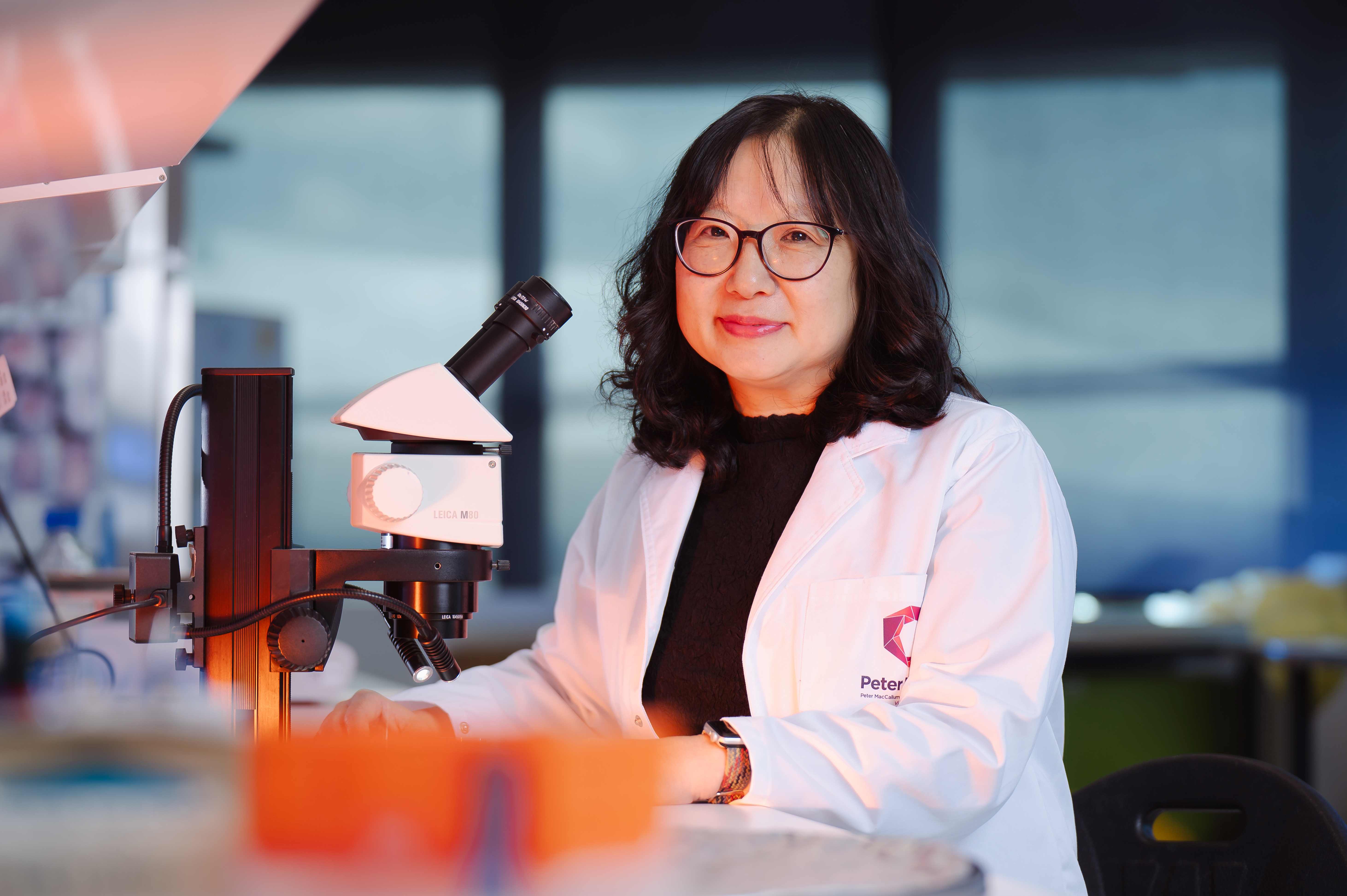Louise Cheng Q&A

Louise Cheng
Group leader and head of the cancer cachexia program
What are you researching in lay terms?
We work on how cancer causes muscle and fat wasting in patients in advanced cancer, this process is called cancer cachexia.
What motivated you to come and work at Peter Mac?
My team of fun and enthusiastic students and postdocs; and the joy of learning new things every day.
What drives you to achieve better outcomes for cancer patients?
We work closely with patients and families with cancer cachexia, so we really do appreciate the negative impact the disease has on real lives. This motivates myself and my team to work hard on this problem.
How will your research improve outcomes for cancer patients?
Cancer cachexia affects 80% of advanced cancer patients, and 30% of all cancer patients. The wasting of muscle and adipose tissue causes the patient to become frail and unable to withstand therapy. So, if we can devise ways to detect cachexia earlier and create new therapies to treat cachexia, we can significantly improve the therapeutic response to standard treatments.
What do you like most about working for Peter Mac?
I am inspired by how everyone cares about their work, and I enjoy the fact that I get to work with a multidisciplinary team of surgeons, radiologists, pathologists, protein biologists, and tissue engineers to tackle my research question.
Can you please detail how your research has used and benefitted from the core facilities at Peter Mac?
We use all of the cores facilities at Peter Mac, especially Centre for Advanced Histology and Microscopy and the genomics core. We have also benefitted enormously from existing resources at Peter Mac, such as the CASCADE program.
